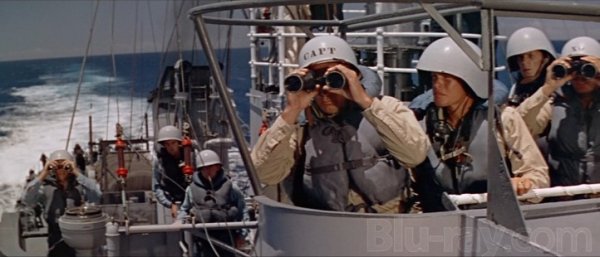Harp
I'll Lock Up
- Messages
- 8,508
- Location
- Chicago, IL US
^^^A lawyer cannot introduce false claim, fraudulence, questionable evidence now or earlier;
then, like now there are and were evidentiary standards.
I recall a scene from the television series where Mason discovered a corpse and called it in to police,
explaining his legal requirement to do so to his office investigator but also the limit of this obligation.
Years later, another legal television show, Murder One had the lawyer enter a crime scene with two
corpses, didn't call it in, and took evidence off one of the dead. Dereliction, clearly.
That show ended abruptly.
then, like now there are and were evidentiary standards.
I recall a scene from the television series where Mason discovered a corpse and called it in to police,
explaining his legal requirement to do so to his office investigator but also the limit of this obligation.
Years later, another legal television show, Murder One had the lawyer enter a crime scene with two
corpses, didn't call it in, and took evidence off one of the dead. Dereliction, clearly.
That show ended abruptly.



